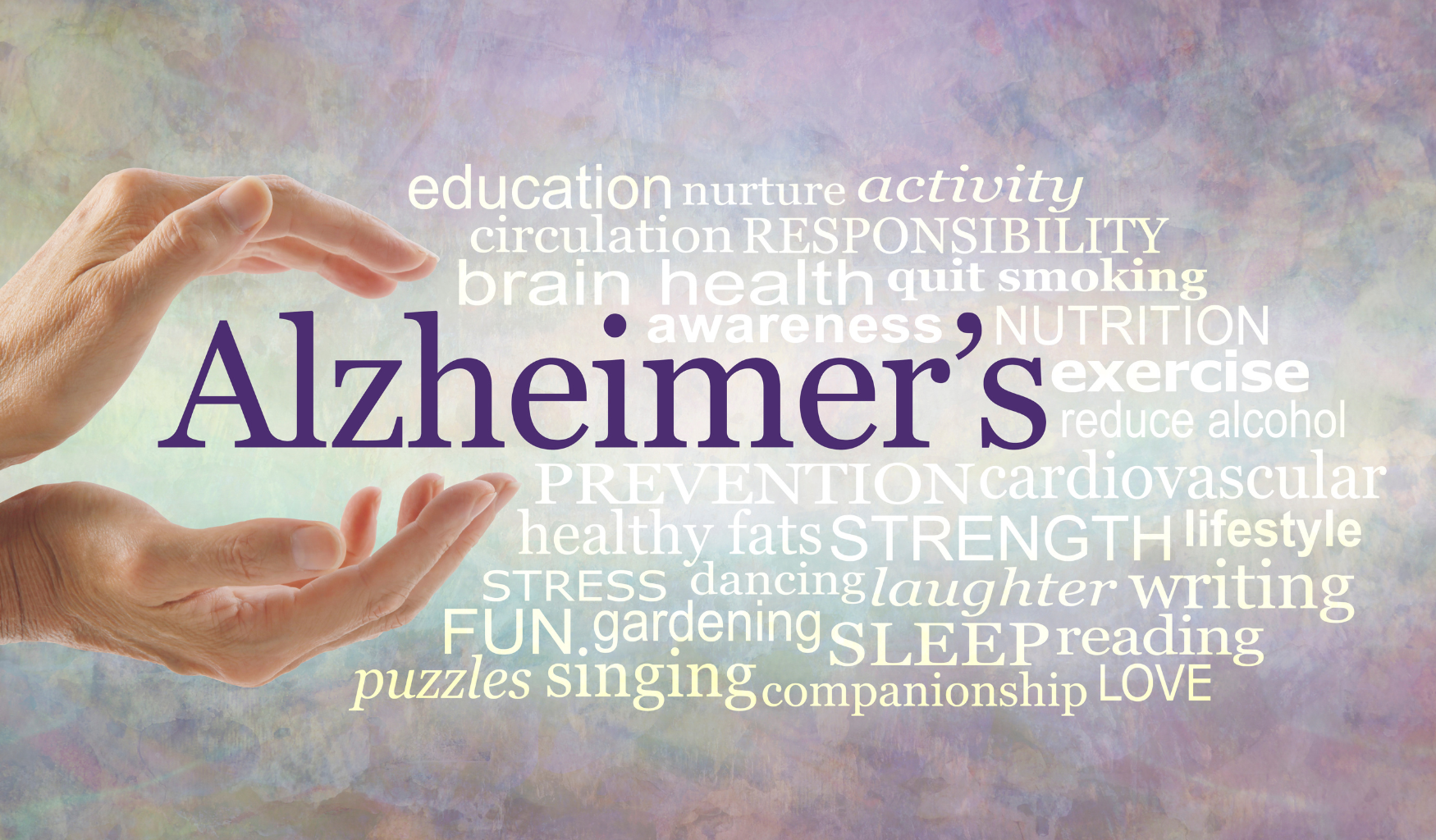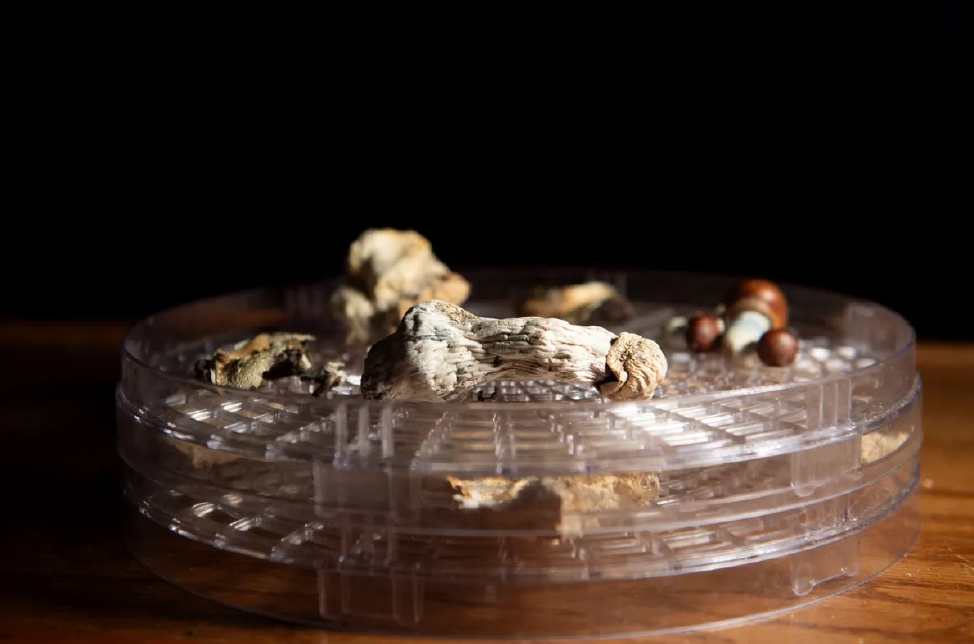- 1Washington University School of Medicine in St. Louis, St. Louis, MO, United States
- 2Department of Physical Medicine & Rehabilitation, St. Luke’s Rehabilitation Institute, Spokane, WA, United States
- 3Advanced Integrative Medical Sciences Institute, Seattle, WA, United States
- 4Private Practitioner, New York, NY, United States
Objective: Stroke and traumatic brain injury (TBI) are among the leading causes of disability. Even after engaging in rehabilitation, nearly half of patients with severe TBI requiring hospitalization are left with major disability. Despite decades of investigation, pharmacologic treatment of brain injury is still a field in its infancy. Recent clinical trials have begun into the use of psychedelic therapeutics for treatment of brain injury. This brief review aims to summarize the current state of the science’s relevance to neurorehabilitation, and may act as a resource for those seeking to understand the precedence for these ongoing clinical trials.
Methods: Narrative mini-review of studies published related to psychedelic therapeutics and brain injury.
Results: Recent in vitro, in vivo, and case report studies suggest psychedelic pharmacotherapies may influence the future of brain injury treatment through modulation of neuroinflammation, hippocampal neurogenesis, neuroplasticity, and brain complexity.
Conclusions: Historical data on the safety of some of these substances could serve in effect as phase 0 and phase I studies. Further phase II trials will illuminate how these drugs may treat brain injury, particularly TBI and reperfusion injury from stroke.
CLICK HERE FOR MORE INFORMATION

 Shariq Mansoor Khan
Shariq Mansoor Khan Gregory T. Carter2,
Gregory T. Carter2,  Sunil K. Aggarwal
Sunil K. Aggarwal

